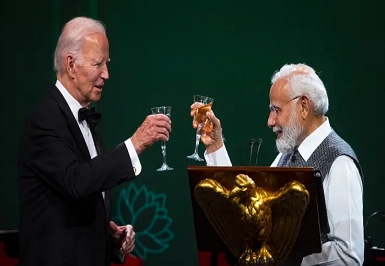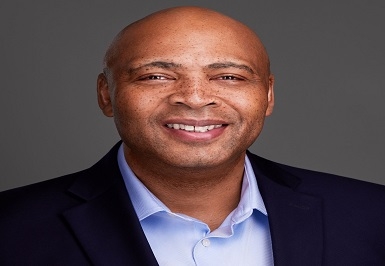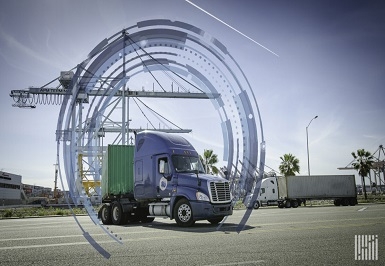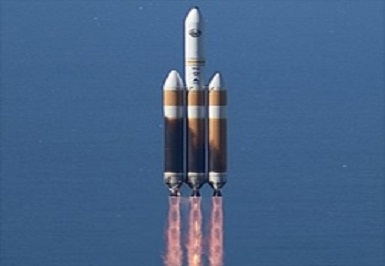U.S.-India relations enter a new chapter and could unlock even more tech and defense deals

U.S.-India relations entered a new chapter as Prime Minister Narendra Modi and President Joe Biden announced a slew of technology and defense deals.
“When India and the U.S. work together on semiconductors and critical minerals, it helps the world in making supply chains more diverse, resilient and reliable,” Modi said during a speech to the joint session of the U.S. Congress. “We were strangers in defense cooperation at the turn of the century, but now the United States has become one of our most important defense partners.”
Former diplomats and analysts told CNBC they only expect that relationship to grow stronger and generate even more deals.
That includes more military agreements, according to Atul Keshap, president of the U.S.-India Business Council, and former charge d’affaires at the United States Embassy in New Delhi said.
“It’s going to be great for democracy, great for our two countries, and frankly, great for the Indo-Pacific and the world. So I’m feeling very bullish and I’m really quite impressed by the deliverables that have been announced by both governments,” he told CNBC’s “Squawk Box Asia” on Friday.
The two nations strengthened their defense partnership this week, striking deals that include building General Electric F414 jet engines in India and repairing deployed U.S. Navy ships in Indian shipyards.
Still, the U.S. and India are not allies and their relationship will be very different from what other countries in the region have with Washington.
“The Biden administration has placed a huge bet on the strategic and economic relationship. And that is not contingent upon India supporting the United States down the line. It’s not an ally relationship, but it is one of equal partners and equal strategic interest,” said Raymond Vickery, senior associate in U.S.-India policy studies at the Center for Strategic and International Studies said.
More tech deals on the horizon
The U.S. and India are also expected to reach more deals on technology in the future, as Washington pursues “friend-shoring” — a strategy in which it diversifies away from China and taps into the potential of other countries in the region.
“India needs cutting edge technology. And I think Americans have become much more open about sharing those critical technologies and moving in a direction, which also helps India build its own defense manufacturing base,” said Harsh V. Pant, vice president of studies and foreign policy at Observer Research Foundation, a Delhi-based think tank.
The U.S. and India agreed to work together across space and artificial intelligence, while also collaborating to secure resilient critical minerals supply chains.
“These are bound to lead to further deals [as] the habit of partnership and confidence in the relationship grows further,” said Arun Singh, non-resident senior fellow at Carnegie India.
“The U.S. understands that the human tech capital is a very important part of U.S. global leadership in innovation,” said Singh, who previously served as India’s ambassador to the United States.
“Indian origin tech entrepreneurs and Indian origin CEOs were an integral part of U.S. leadership in innovation,” he said, adding that Modi’s state visit has further cemented U.S. investments in Indian critical technology areas.
Don’t expect a free-trade agreement soon
The joint statement noted Modi “expressed India’s interest towards being recognized as a Trade Agreements Act-designated country by the United States to further enhance the integration of both economies and to further promote trade and investment between two countries.”
Despite the cozier relationship, ORF’s Pant said a free-trade agreement is unlikely in the short to medium term.
“Comments from both sides of the political aisle show that there is no real willingness to move forward on free-trade agreements … That seems to be the bottleneck at the moment,” he said.
Similarly, former ambassador Singh said “the U.S. is also reluctant to do any such agreements till it has improved its infrastructure and enhanced the competitiveness of the American worker.”
Still, the U.S. and India have shown a willingness to improve their trade relationship. Both parties agreed to end six outstanding disputes at the World Trade Organization.



